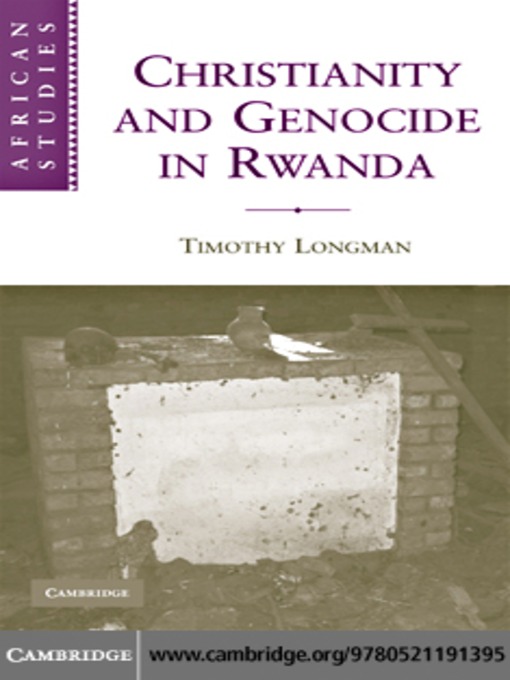- Available now
- New audiobook additions
- New kids additions
- New teen additions
- Most popular
- Try something different
- See all
-
Description
-
Details

Kindle Book
- Release date: December 16, 2009
OverDrive Read
- ISBN: 9780511847547
- File size: 528 KB
- Release date: December 16, 2009
EPUB ebook
- ISBN: 9780511847547
- File size: 528 KB
- Release date: December 16, 2009
